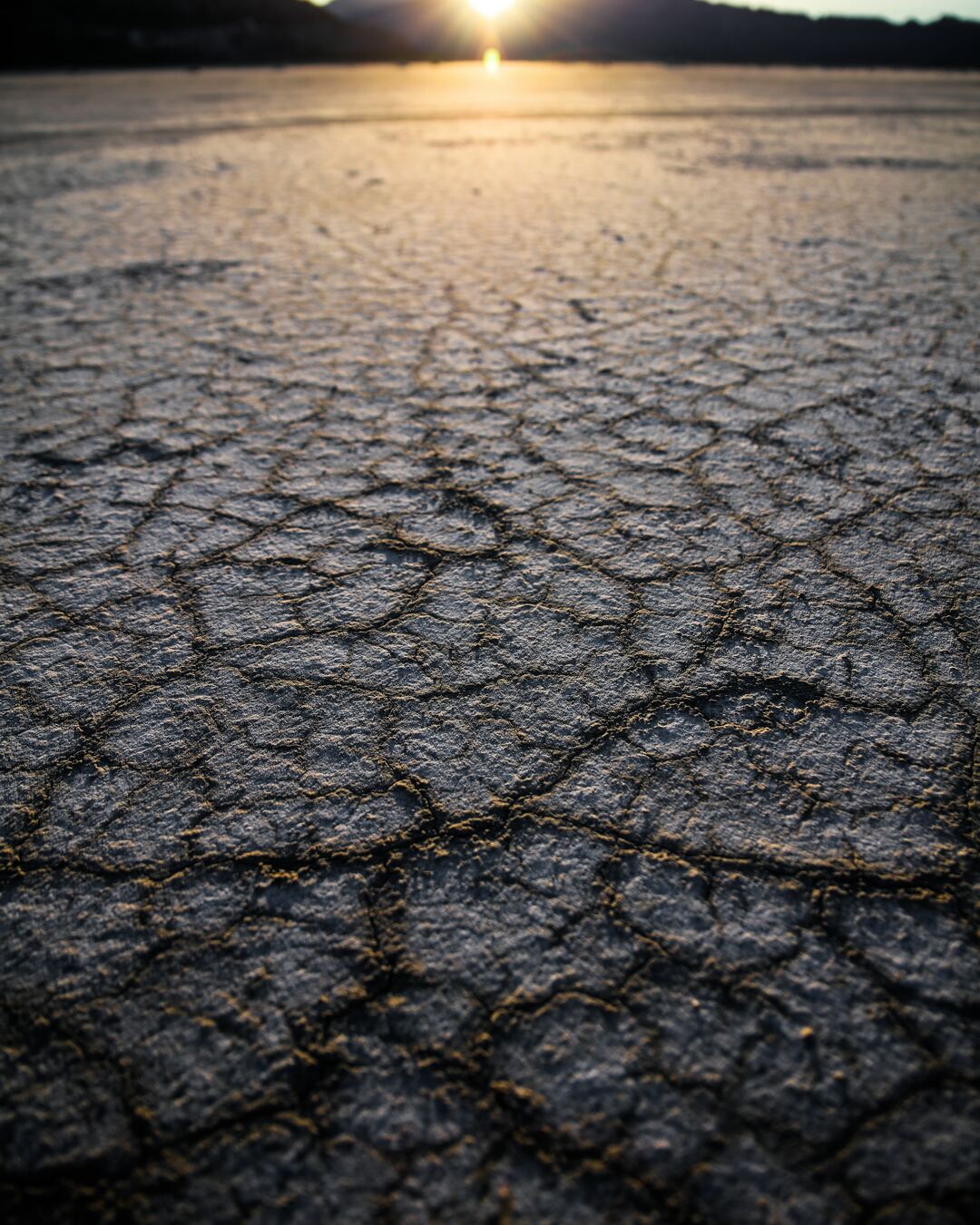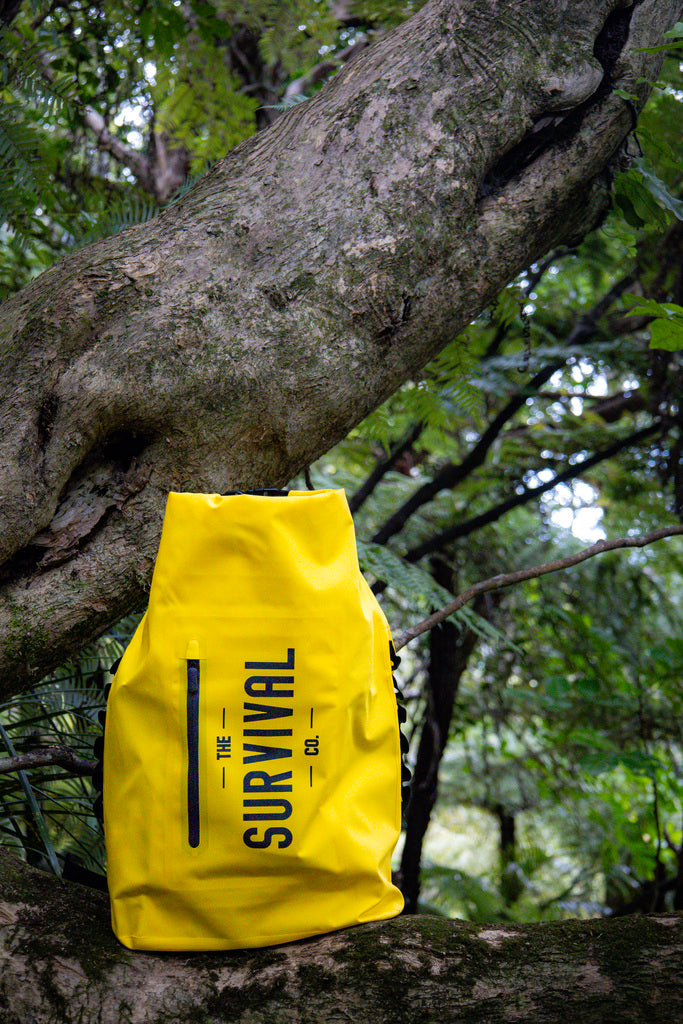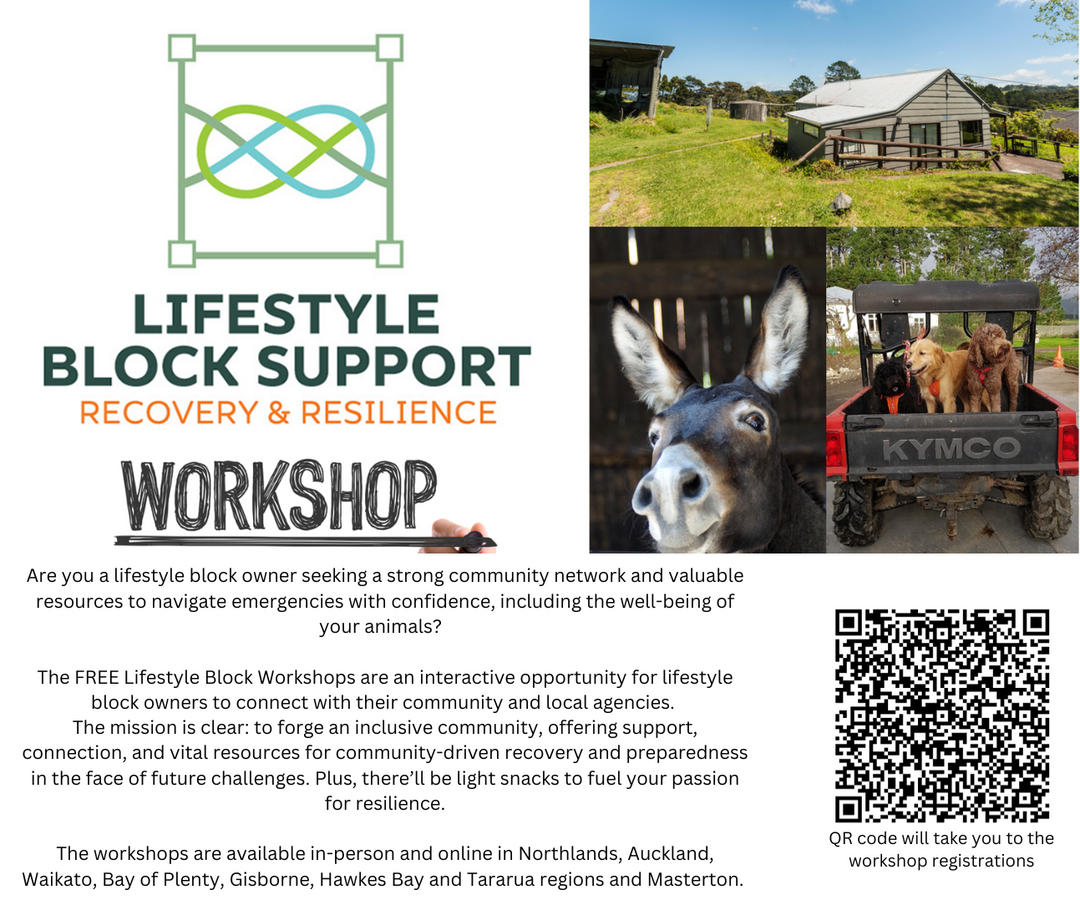Building Resilience: Mastering Survival Skills for New Zealand's Natural Disasters
Introduction:
New Zealand's spectacular landscape is shaped by the powerful forces of nature, presenting unique challenges to all Kiwis. Earthquakes, volcanic eruptions, and extreme weather events remind us of the importance of being prepared. In this blog, we delve into essential survival skills that go hand-in-hand with survival kits to ensure comprehensive preparedness for any natural disaster.
Skill 1: Fire Starting
A fire serves multiple survival needs: warmth, cooking, and signalling. Modern techniques involve flint strikers or matches, but with New Zealand's frequent rainfall, proficiency in various methods is essential. Such skills not only offer comfort but could mean the difference between life and death when temperatures drop. You don’t have to be Bear Grills or Macguiver to start a fire, we like this YouTube video that teaches you some wet weather fire building skills:
https://youtu.be/MmHkiHeoI3U?si=fea2RB7SO4uV9_UH
Skill 2: Shelter Building
Shelter is a critical component of survival, offering refuge from New Zealand’s harsh elements. Natural disasters can render buildings unsafe, necessitating the ability to create alternative forms of shelter. Utilising materials from the environment, such as branches for forest shelters or repurposing urban debris, can provide temporary protection.
Skill 3: First Aid
In the immediate aftermath of a disaster, the provision of first aid can save lives. The 2011 Christchurch earthquake demonstrated the critical nature of these skills, as community members stepped in to care for the injured. Knowing how to perform CPR, treat wounds, and address shock is indispensable when professional medical services are not immediately available. Regular first aid training ensures that New Zealanders are ready to act as first responders if the need arises. Knowledge is power! Check out this recent video on First Aid (DRABCD) by Surf Life Saving NZ.
https://youtu.be/HfDBYbJh738?feature=shared
Skill 4: Navigation
Natural disasters can disrupt electronic navigation tools. In New Zealand's varied landscapes, from coastal plains to mountainous terrains, traditional navigation skills using maps and compasses are essential. Rescuers during the Canterbury earthquakes relied on such skills to navigate disrupted terrains. New Zealanders benefit from learning and practicing navigation to remain oriented during emergencies where technology may fail.
Skill 5: Food Foraging
If you find yourself in an isolated location, away from any urban environments, the ability to forage for food can be vital, particularly when supply chains are disrupted by natural events and roads out to isolated areas may be inaccessible. Knowledge of New Zealand’s native plants and basic hunting or fishing skills can be lifesaving. Learning to safely identify and harvest local plants and marine life ensures a sustainable food source in times of need.
Skill 6: Knot Tying
The skill of knot tying has diverse applications in a survival scenario. It is essential for setting up shelters, making repairs, or in rescue situations, as was evident during past earthquake responses. Understanding various knots and their appropriate applications ensures that one can manage a multitude of tasks that require secure fastening or lifting, increasing safety and efficiency in a post-disaster setting. Here at The Survival Co, we love Grogs Knots.
https://apps.apple.com/au/app/animated-knots-by-grog/id376302649
Skill 7: Mental Resilience
The psychological aftermath of natural disasters is as significant as the physical impact. Mental resilience is the ability to maintain psychological well-being in crisis situations. Developing coping strategies, participating in community support, and preparing through simulation exercises can enhance this skill. Mental resilience enables New Zealanders to make clear decisions and sustain hope during and after a disaster. Here are 10 ways to build and develop resilience:
https://youtu.be/VNCL1glwyOI?si=r1zZiYp0Z5Na3FfO
Conclusion:
In Aotearoa, preparedness is key to navigating the challenges posed by its natural splendour. Effective emergency response hinges not only on the essentials contained within survival kits but also on the proficiency in critical survival skills. As we've explored, these competencies are vital in ensuring that individuals and communities can confidently face and overcome the unexpected.
To truly embody this preparedness, pairing these seven indispensable skills with a comprehensive survival kit becomes your blueprint for resilience. We invite you to enhance your emergency response readiness with our meticulously assembled survival kits. Integrating the skills we've honed with the resources in our kits positions you as a beacon of preparedness, whether on your street, within your community, or in any unforeseen circumstance. Discover our range of survival kits [here], and join the ranks of the most prepared Kiwis across the nation.




